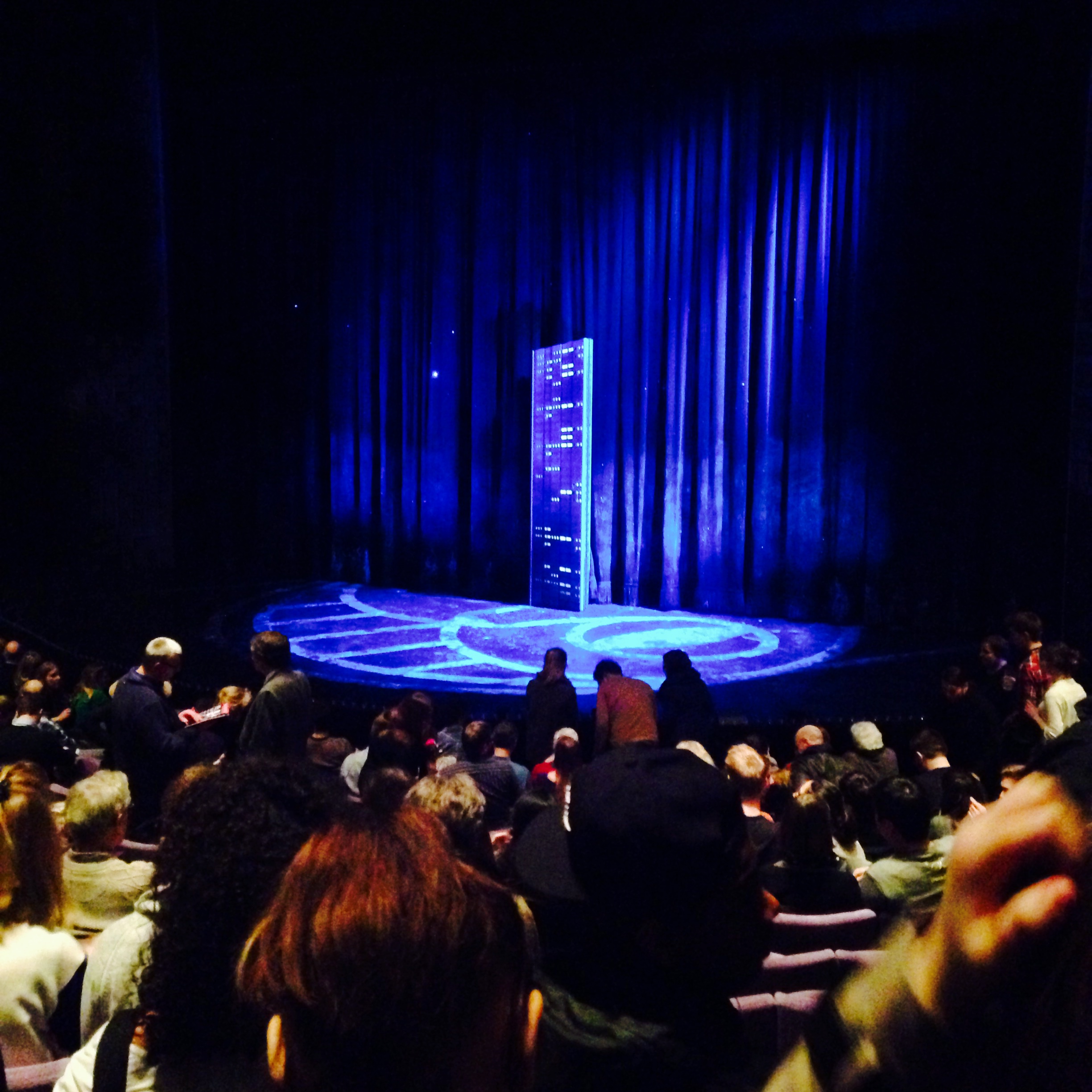
Theatre Sound Heroes: Overview of the role of a Production Engineer
There’s an unsung hero in the world of theatre sound: the production engineer (PE).
As shows get bigger, sound systems become ever-more complex. Someone on your team has to make it all work together, and that person is the production engineer.
Put simply, the production engineer “works with the sound designer to physically and logistically realise the entire sound system from the microphones to the speakers and the kilometres of cable in-between” (Gareth Fry, Theatre Sound: Who Does What?, Lighting and Sound International, April 2015).
Every designer will approach a show from a unique perspective. Some designers focus on the creative aspect; others have a more practical hands-on approach. Most designers will have a definite idea of the speakers and other equipment they want to use and where. The PE makes this happen to the best of their ability and also suggests modifications to make it reliable, effective and adaptable enough to handle every quirky requirement that may come up during tech.
As with sound designers, PEs have different specialties, so it’s important to choose one that suits your show and the way you work as a sound designer. If networking is a crucial element of your show, it won’t make sense to hire a PE who is a master rigger but less knowledgeable when it comes to media networking technology.
Ideally, the PE should get involved with a show at the same time as the sound designer so that the sound design process can be as open as possible with all the creative team. Discussions with the production manager about the budget and integration of the speakers (and associated cabling) within a set are of particular importance. Involving the PE early on in the process can also help pre-empt tricky situations down the line, for example, when a speaker position doesn’t work for the lighting designer.
The first job for a PE after initial discussions with the sound designer is to look at the size of the venue or space where the show will be staged. They’ll consider what the show needs, what the sound designer wants, how much it will cost, and build a system spec from this. As well as evaluating potential speaker positions, the PE also has to factor in whether the venue can physically support and accommodate the system. Where will racks and radio worlds be stationed? Is there enough power available where it’s needed? Where can cable runs go? Is the proscenium arch stable enough to support the hangs – an important consideration when you’re dealing with theatres that can be 100+ years old, as is quite common in the UK.
Once a system spec has been drawn up, it goes to the production manager to tender out to hire companies.
Having solid technical sound know-how is an indispensable part of a PE’s job. Just as important is their ability to manage relationships with three key stakeholders: the sound designer, the hire company, and the manufacturer(s).
The ideal relationship between a sound designer and PE is two-way. The sound designer needs to communicate their requirements so that the PE understands the show from the creative aspect as well as from a technical perspective. This way they can make informed decisions about the system without involving the sound designer at every stage. Is imaging or coverage more important for the show, for example? Does the design need to allow for high SPL, or is it more important for the speakers to be discretely integrated into the set? The better the PE understands the show, the more trust the sound designer will have in their ability to realise the design with the hire company.
The relationship between the hire company and the PE is important, as a lot of what the PE does is dictated by how the hire company works. Production engineers will, therefore, prefer to work with hire companies they know. Often a single hire company won’t be able to offer the exact system spec, in which case the spec will be redrawn and hire companies will suggest alternatives. It’s a balancing act: the PE needs to include all sound (and related AV and stage) elements of the show within the spec, and they also want to work within the resources of the hire company.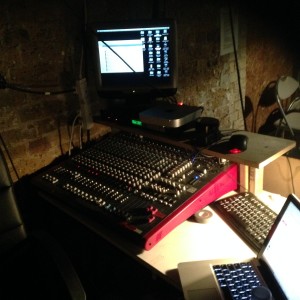
At this point, a PE may want to involve different manufacturers to find alternative solutions for aspects of the design outside of the resources of the hire company. Keeping clear lines of communication with manufacturers is important. They can offer product-specific support as well as solutions to problems, based on their in-depth knowledge of their products. A PE may like to involve a particular manufacturer in the system spec to help them create a kit list before it’s sent to hire companies.
Of course, everything revolves around the budget. One of the central roles of the PE is to make practical decisions given the resources they have at their disposal. They may need to negotiate a compromise with the sound designer, convincing the sound designer of an effective alternative approach.
Once the spec is approved, the next step is for the PE to build the kit: stage racks, fly racks, multis, looms, the Deputy Stage Manager (DSM) post, radio worlds and more. As well as realising the agreed spec, the PE must allow for changes that will invariably happen during the technical rehearsals, e.g. extra runs in the multicore for additional speakers. Then there’s evaluation, testing, and installation in the space, which may take days or even weeks for a large show. Followed by more testing, modifications, expansions and problem solving during the tech and dress rehearsals and previews, and finally, sign off when the show is up and running.
As you may have gathered, a great production engineer is worth their weight in gold. So if you’re a current or aspiring production engineer, let me know! I may have a job for you in the future.
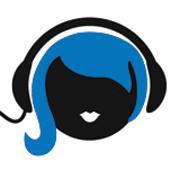


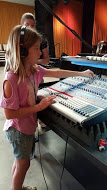
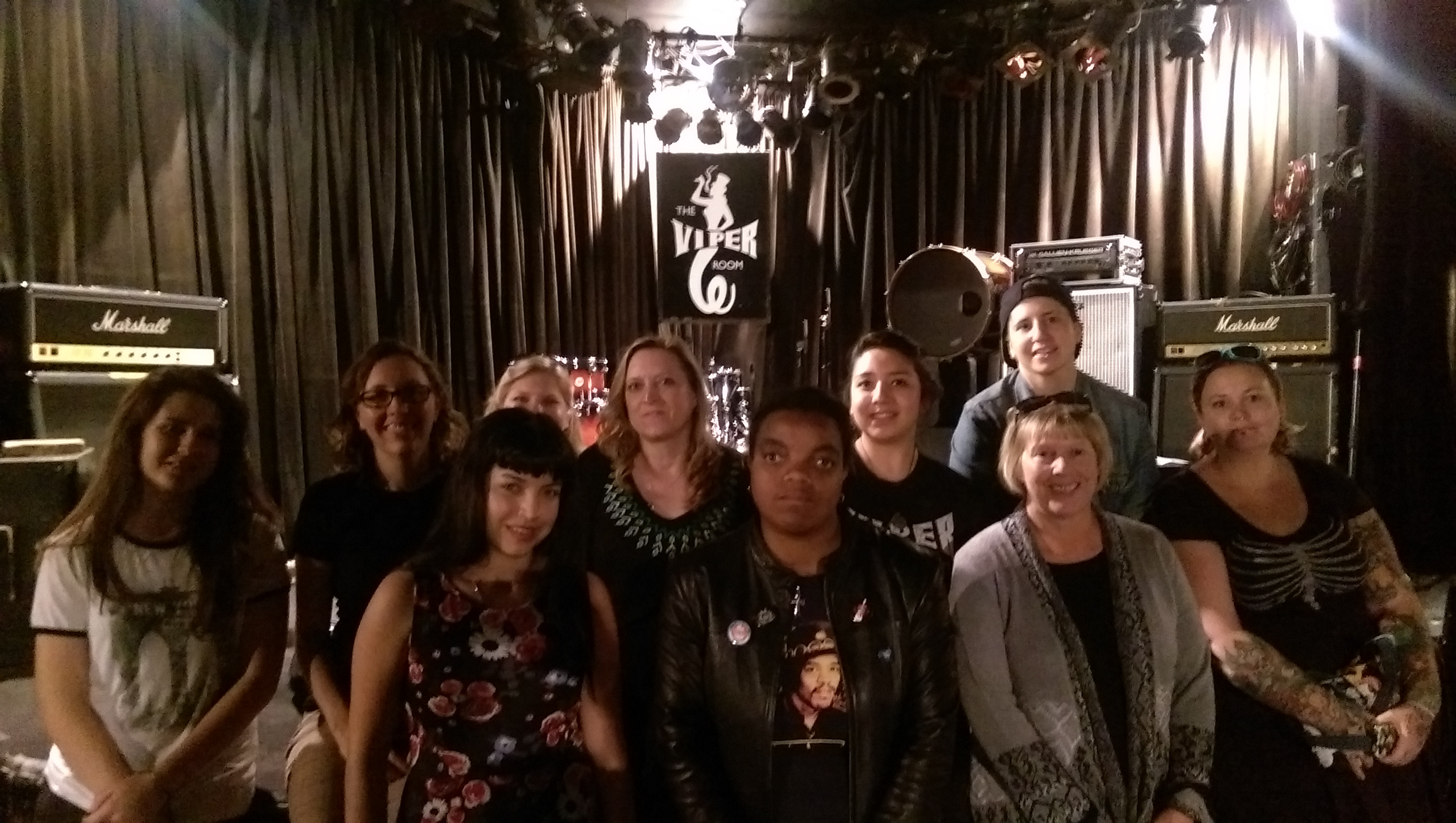
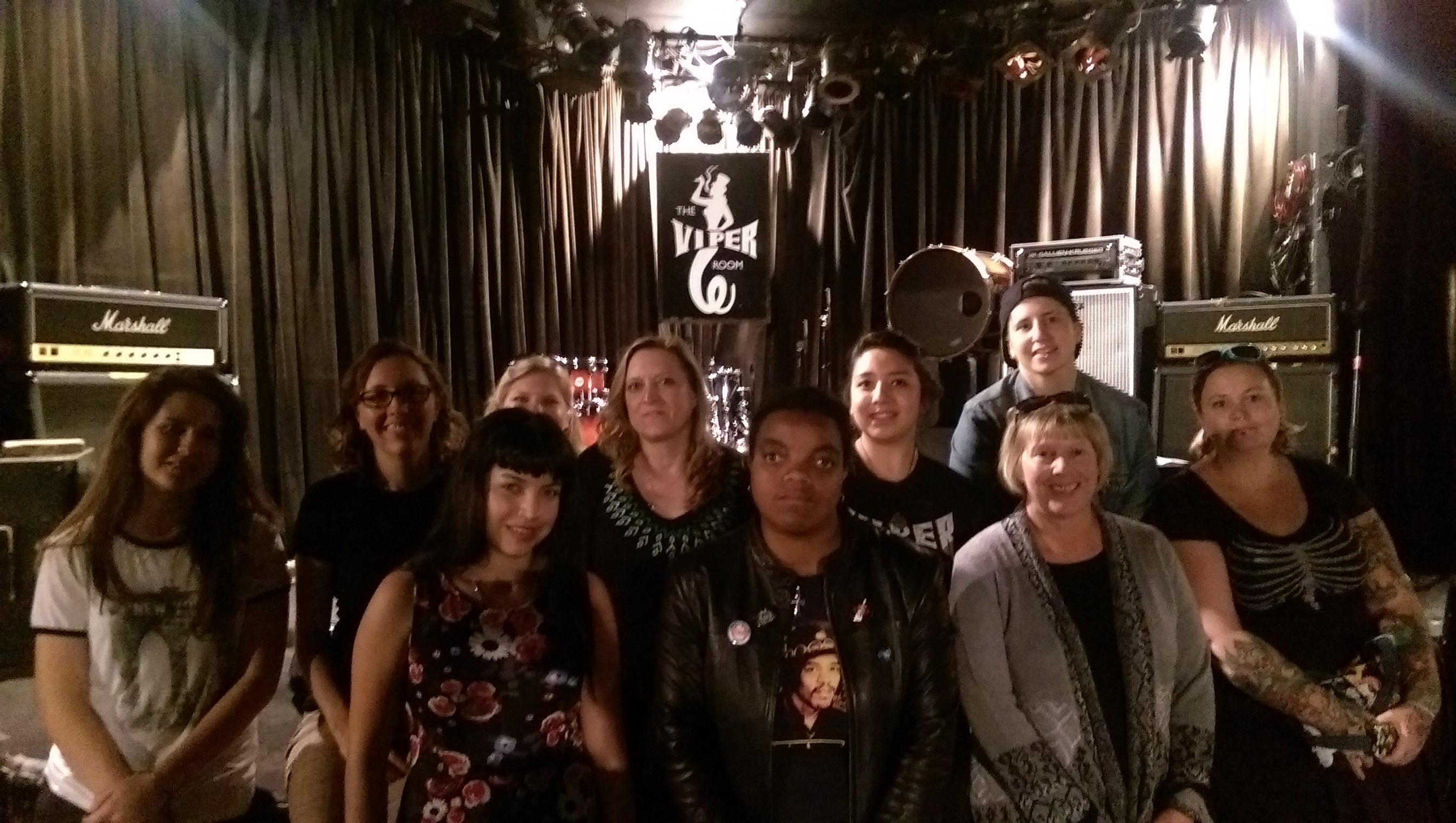
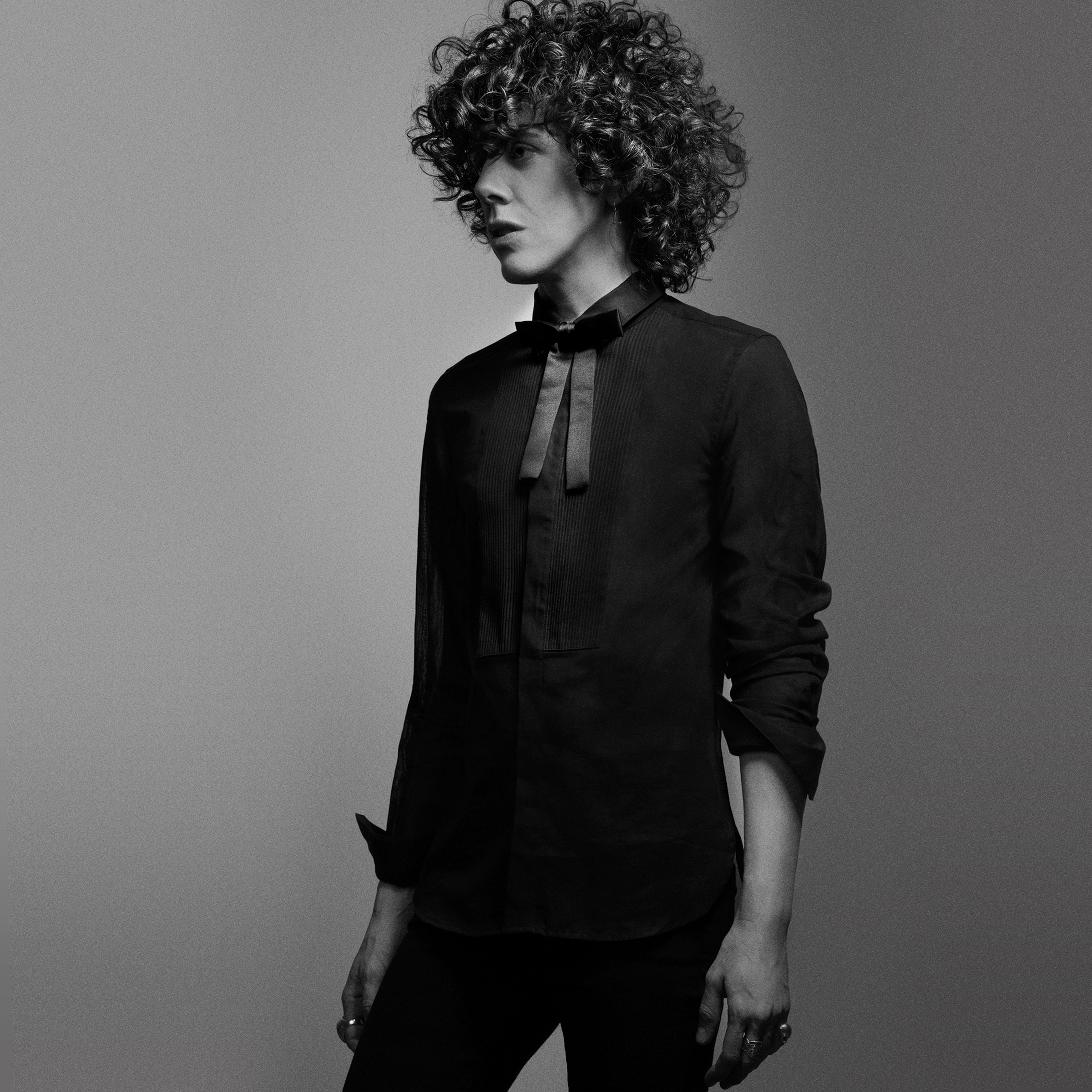
![LP_NLT_Photo2[1]](https://soundgirls.org/wp-content/uploads/2015/02/lp_nlt_photo21-300x300.jpg)